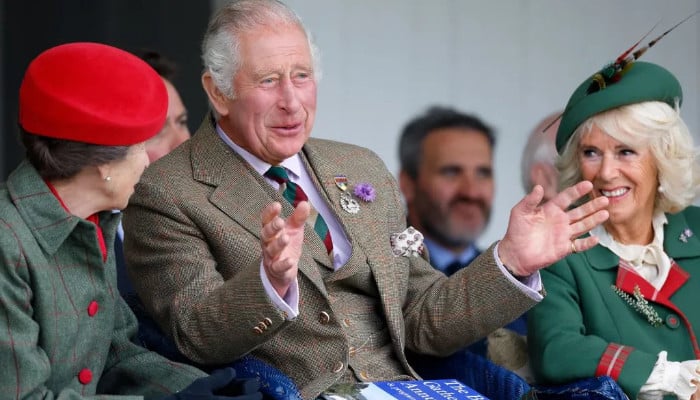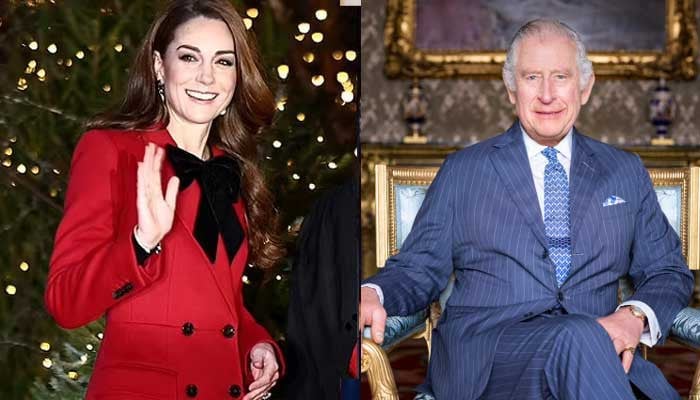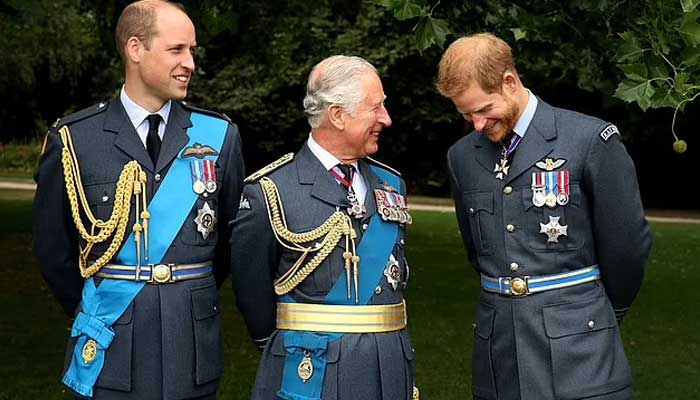US
Issue of ‘dual’ script highlighted at start of Punjabi conference
字号+ Author:Smart News Source:Sports 2025-01-15 13:02:04 I want to comment(0)
LAHORE: The critical question of Punjabi language scripts in Indian and Pakistani Punjab was raised during panel discussions on the first day of the 2nd International Punjabi Conference at the Punjab Institute of Language, Art and Culture on Monday. The script was under discussion in the sessions, ‘national and political acumen of Punjabis’ and ‘Connection of Punjabi people with Punjabi literature.’ Khalid Hussain from Jammu said Punjabis in Indian Punjab did not know what’s being written on the Pakistani side. “The people in East Punjab don’t know about 25,000 books published in Punjabi in West Punjab. Similarly, very few people might know about the literature being produced in East Punjab (India). The main reason is difference in the script of Punjabi as we have separate scripts, Shahmukhi and Gurmukhi. Nobody has been able to bridge the gap created by scripts,” he said, giving examples of Punjabi letters mispronounced in East Punjab. Khalid said when he came to Pakistan for the first time in 2004 with a group of 60 writers, they would ask him to tell them the meanings of Shahmukhi script. “Same happens when Pakistani Punjabi writers go to India.” Khalid gave a view of history, saying that Punjabi had never been an official language in the history in Ranjit Singh’s time or during the Mughal era but it was the language of the people. He rejected the impression that Punjabi language was endangered. “Punjabi language would never die,” he declared. Sukirat Anand said that after 1947, Punjabi language took different directions in both countries. After the Partition, many Sanskrit words were included in Punjabi language in India. He said he had no issue with the new words being added to Punjabi language as all languages kept borrowing words from other languages. He gave an example of English that borrowed words from other European languages. “But after 1947, we (in India) kept borrowing all Sanskrit words.” However, he said technology was bridging the script gap now and many writers of west Punjab were being transcribed into Gurmukhi while those from India were being transcribed into Shahmukhi. Poet Sehajpreet Mangat said there was a desire for writers on both sides of Punjab to read each other’s works. He said it was good to know that Gurmukhi was being taught on this side of the border and we also would consider ourselves complete Punjabi if we would be able to read Shahmukhi. He hoped that writers on both sides would be able to read each other’s scripts in future. Zubair Ahmed said that Sant Singh Sekhon had forcibly included Sanskrit words in Punjabi and refused to accept Shahmukhi as script. He did not agree with Khalid Hussain that people and writers on both sides of the border did not know about each other. “With Partition, Punjab suffered most of all because all writers were Lahore-based, including Balwant Gargi, Amrita Pritam, Kartar Singh Duggal and Prof Mohan Singh. All these people migrated from Lahore. Ahmed Rahi was the only Punjabi writer who came from the other side on this side of Punjab.” Zubair said a lot of literature from Gurmukhi was being published in Shahmukhi too. “The internet has abolished borders as I myself am getting connected with people from Indian Punjab on a daily basis.” He said he was not bothered about the script issue and the day was not far when an app would resolve it. He went on to say that scripts were no hurdle to writers but communication was the key. Journalist Suhail Warraich, in the session moderated by Tariq Bhatti, pointed out the factor that created distance between both parts of Punjab, saying they were unable to read writings of each other because of different scripts. He stressed for an app that could enable the readers across the border to read each other. “The means of communication across the world have eliminated borders. There should a Punjabi TV channel to reach each other.” He stressed massive translations in both Punjabs. “Unless there is a communication and understanding on both parts, we can’t make progress.” Warraich said only dances and songs won’t have any practical benefits as such things were forgotten quickly. Fiction writer Nain Sukh said when the British were making syllabus in Punjab, the Punjabis made a mistake of adopting Gurmukhi script in schools whose syllabus was based on Sikhism. “The Muslims rejected it on a religious basis.” He said the Punjabis did not quit their language by choice but it was done by the colonial rulers. “Urdu syllabus was based on Islam while Hindi was based on Hinduism while the Persian syllabus was all encompassing.” He stressed transcription of books in both scripts on both sides of the border. Farrukh Sohail Goindi said Punjabis should decide about a modern language, suggesting adopting Roman script just like Turkey, Indonesia and Malaysia. “Turkey developed after modernising its language but we are still stuck in Shahmukhi and Gurumukhi,” he taunted Punjabi scholars.
1.This site adheres to industry standards, and any reposted articles will clearly indicate the author and source;
 Related Articles
Related Articles-
Rs2.4 Billion Tax Fraud exposed as Pakistani Cement Giant misuses exemption scheme
2025-01-15 12:12
-
Post-arrest bail pleas of Imran in four May 9 cases allowed
2025-01-15 11:38
-
Stellar performance tosses PSX to new highs
2025-01-15 11:08
-
Scholars, authors grace second day of literature festival
2025-01-15 10:32
 User Reviews
User Reviews Recommended Reads
Recommended Reads Hot Information
Hot Information- Is Rs5,000 currency note being banned in Pakistan?
- Israeli forces killed 24 members of one family in attack on Jabalia
- Eight societies summoned to explain ‘Wapda tag’
- Woman’s tortured body found on city outskirts
- PCB grants NOCs to Pakistani players for BPL and Lanka T10 League
- Nigeria’s Tinubu to call for Gaza ceasefire at Riyadh summit
- NPF disposes commercial plot in posh sector at throwaway rate
- punjab notes: Punjab Assembly and people’s language
- Tickets for Pakistan vs West Indies Test series go on sale from Friday
 Abont US
Abont US
Follow our WhatasApp account to stay updated with the latest exciting content













